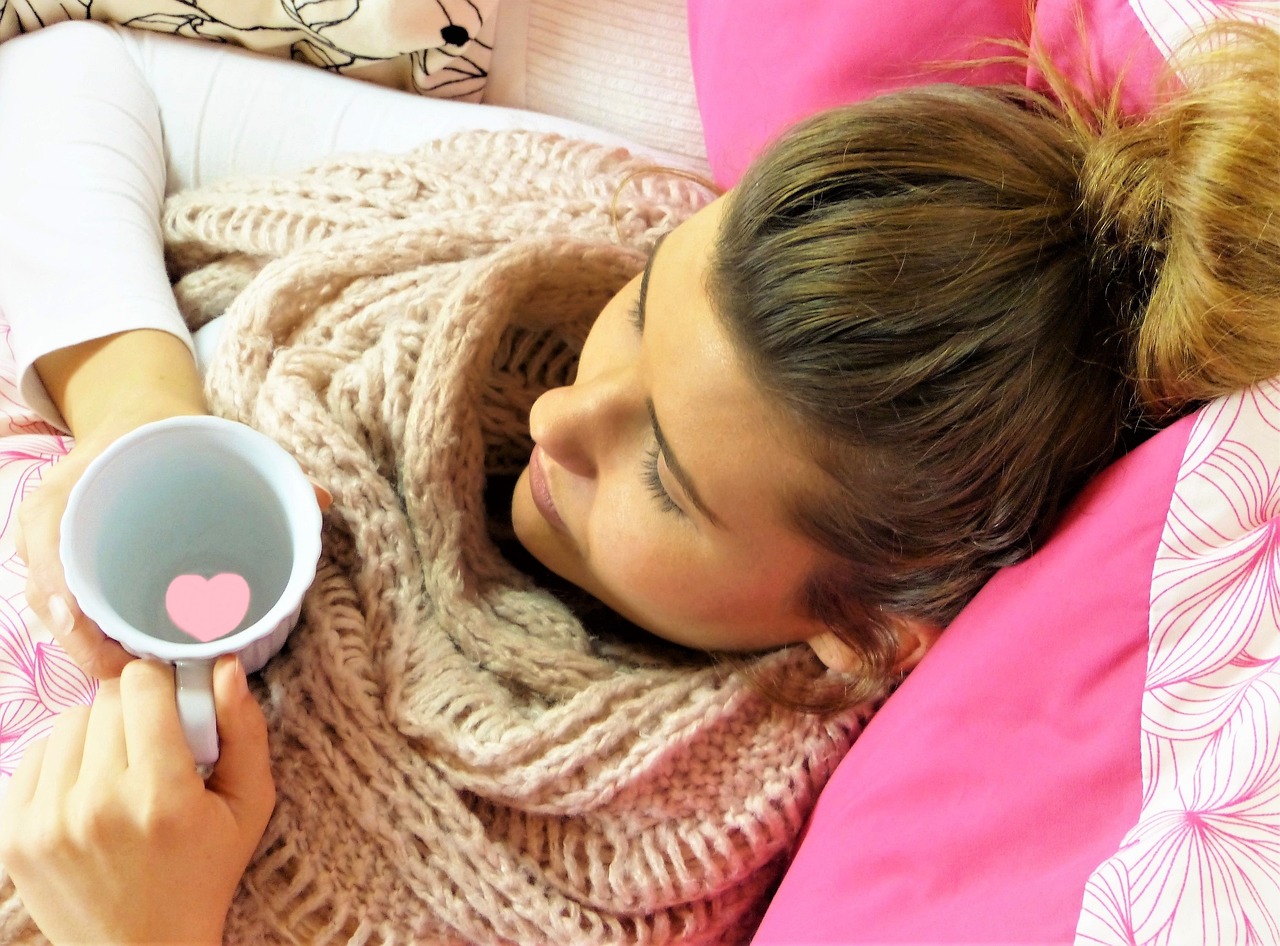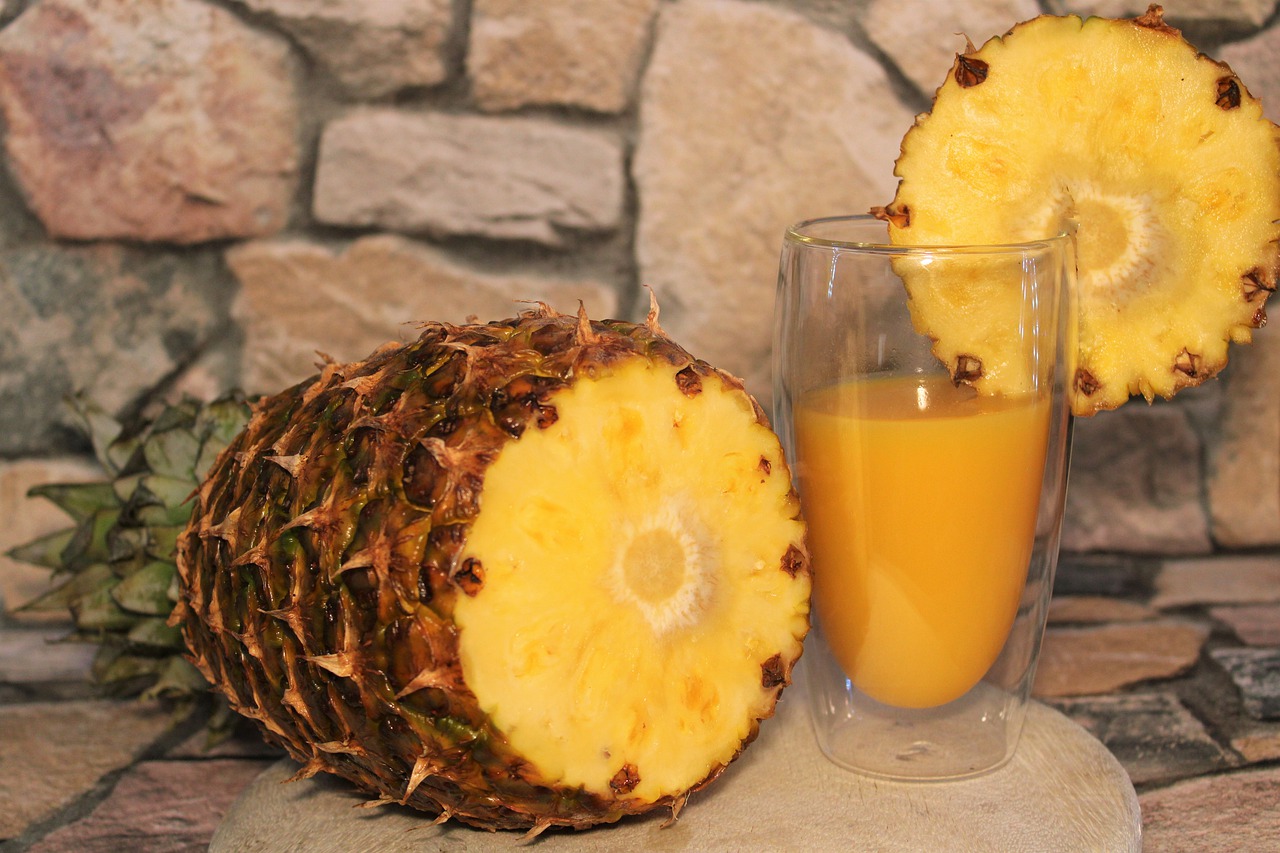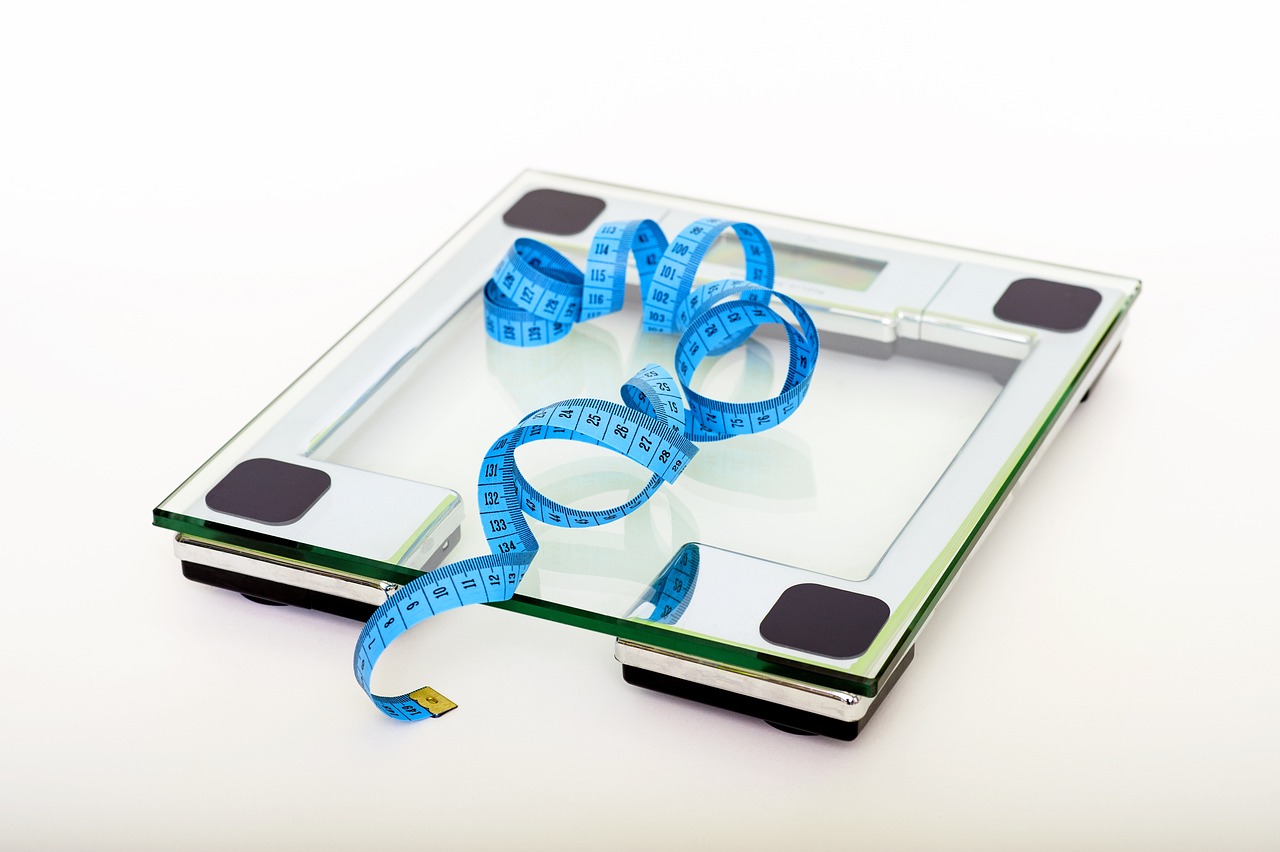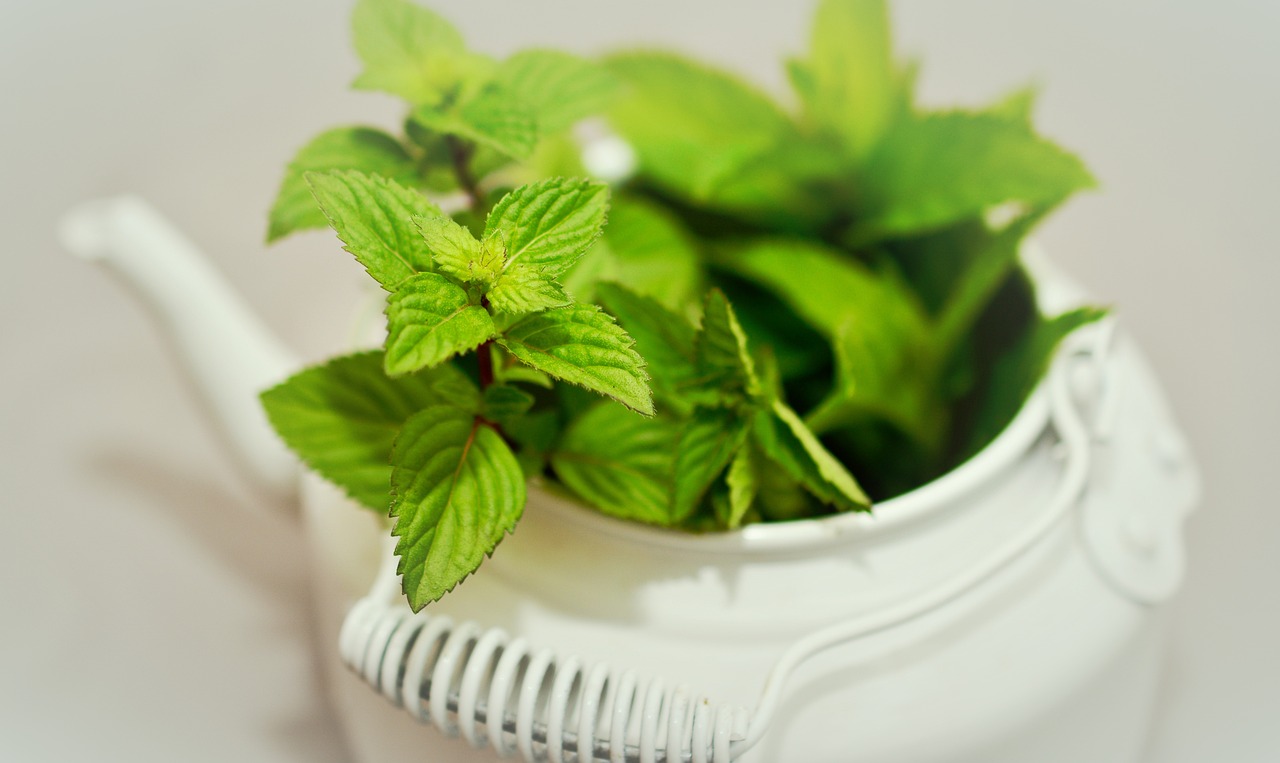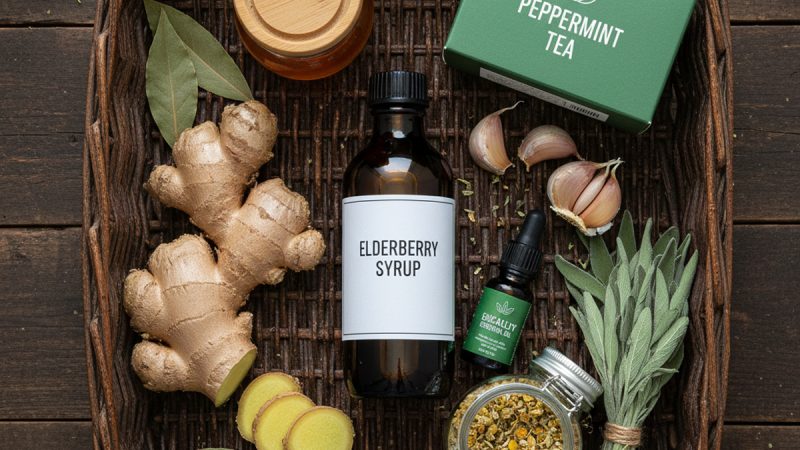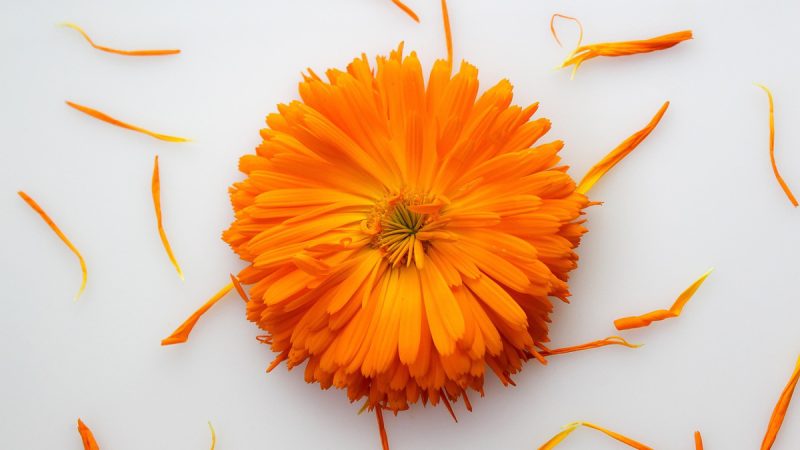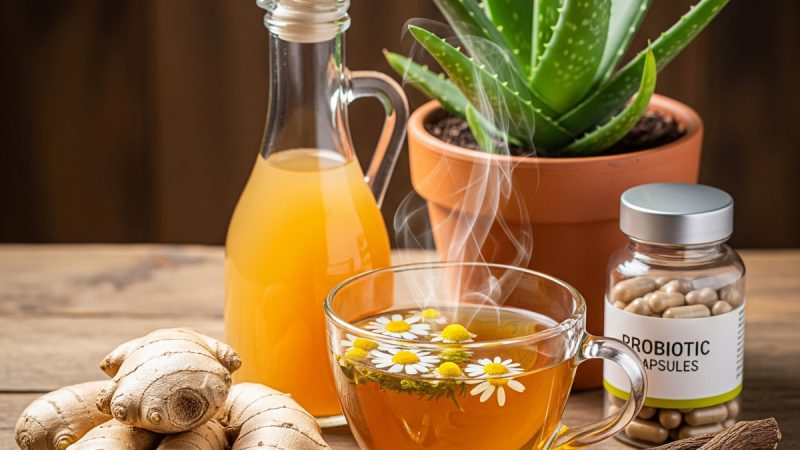Natural Ways to Boost Iron Levels in The Body
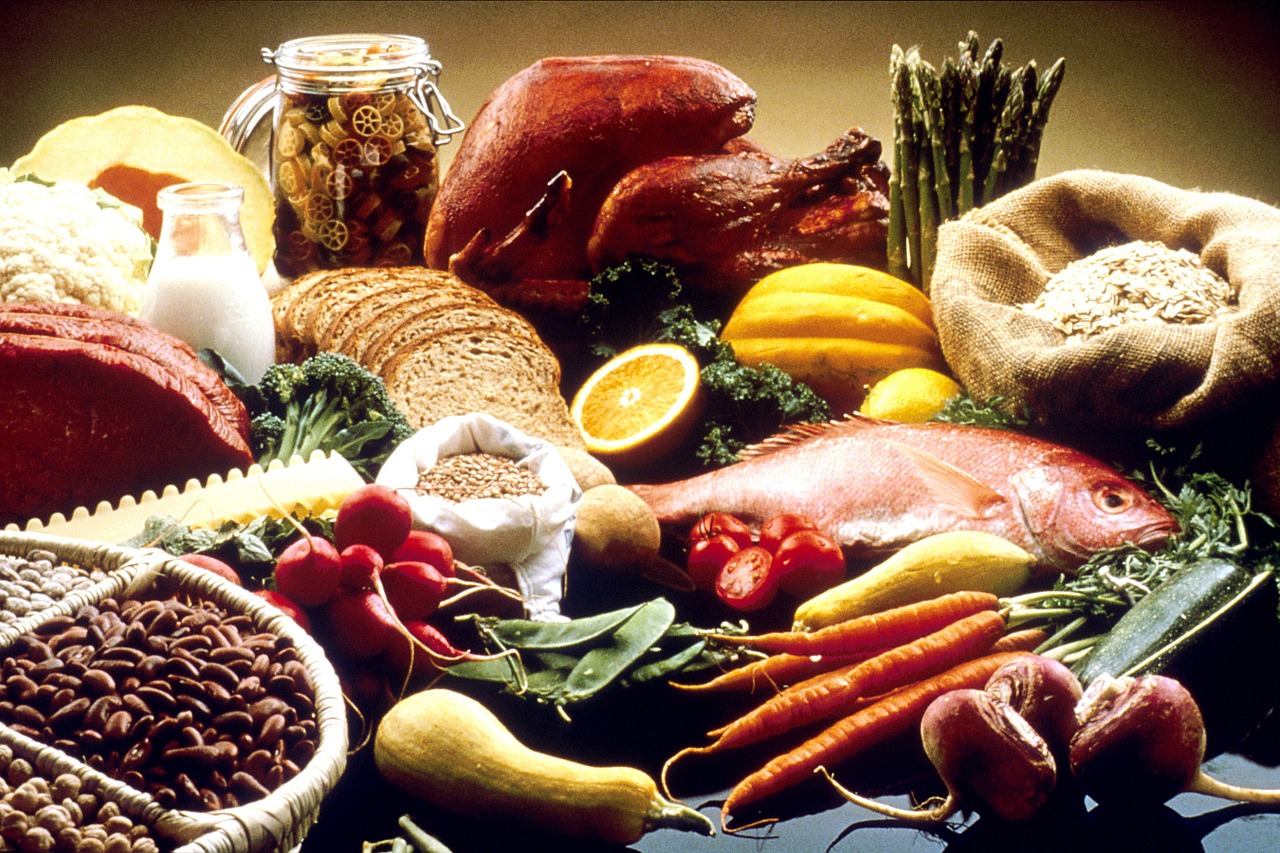
If a person’s body is deficient in iron, it can result in anemia. This condition leads to muscle weakness and extreme tiredness. It even decreases a person’s ability to fight infections. Usually, iron levels in the body are tested with the help of blood tests. If the levels are low, the doctor will recommend taking iron supplements, which are available through prescription or over-the-counter. However, taking too many iron supplements has its own risks. It can damage the liver or result in diabetes. Hence, a person suffering from low levels of the mineral should be looking for natural ways to boost iron levels in the body.
The best way to boost iron levels in the body is by consuming food that is rich in iron. Animal-based food contains heme iron, while plant-based food has non-heme iron. The body tends to absorb heme iron better than non-heme iron. Foods that have high amounts of heme iron are oysters, clams, liver and shellfish. Also, poultry, fish and beef contain high amount of the mineral. If you are a vegetarian, plant-based iron sources include seeds, nuts, green leafy vegetables, molasses, dried beans and legumes.
Thankfully, food technology has improved in modern times and people are able to purchase food that has been fortified with vitamins and minerals. The National Institutes of Health’s Office of Dietary Supplements states that fortified cereals and bread can provide a person with their daily iron needs. In fact, consuming one serving of cold or hot cereal fortified with extra iron can provide a person with 100 percent of his/her iron needs for the day. Iron fortified bread, cereal and grit gives a person 6 to 8 percent of his/her daily iron requirement.
People, who prefer eating vegetarian sources of iron, can enhance the absorption of the mineral by coupling the food with Vitamin C-rich food, as per University of Maryland Medical Center. Consuming citrus fruits, citrus fruit juices, tomato juice and tomato are rich in Vitamin C and can be combined with non-heme iron food sources.
However, at the same time, when consuming iron-rich food, a person should make sure that non-heme iron and calcium are not consumed together, as the latter can interfere in the absorption of the former, says University of Maryland Medical Center. Calcium-rich foods, such as cheese, milk and yogurt, should not be consumed with vegetarian sources of iron. Furthermore, tea and bran should not be consumed with plant sources of iron, as they reduce the amount of iron available for absorption.
The Author:
Kum Martin is an online leading expert in pregnancy and parenting.
Photo. Fotoshop Tofs


